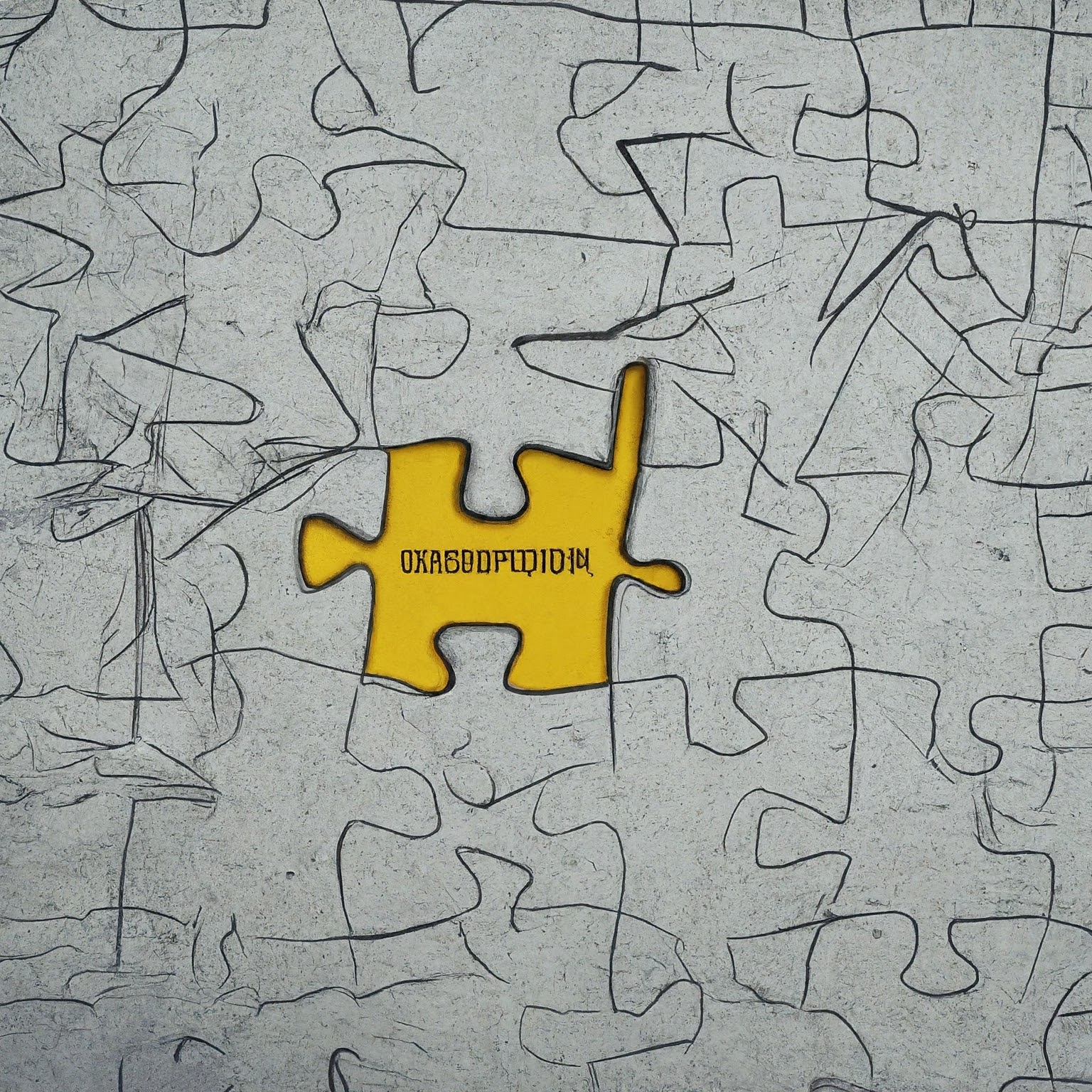The internet, once a revolutionary novelty, has become an indispensable part of our lives. It connects us, informs us, entertains us, and fuels a vast global economy. Yet, even the most established systems face the winds of change. Enter the internet disruptors: a new wave of companies and technologies challenging the status quo and reshaping the digital landscape.

Disrupting the Gatekeepers: Decentralization and Net Neutrality
For decades, a handful of internet service providers (ISPs) acted as gatekeepers, controlling access and influencing how we experience the web. This centralized model has faced criticism for limiting user choice and potentially throttling innovation.
Decentralization, a core principle of blockchain technology, offers a potential solution. By distributing data and applications across a peer-to-peer network, it removes the need for a central authority. This empowers users by offering greater control over their data and potentially fostering a more open and censorship-resistant internet.
Net neutrality is another key battleground. This principle mandates that ISPs treat all internet traffic equally, preventing them from prioritizing certain content providers over others. However, net neutrality has come under attack, raising concerns about throttling and the potential for ISPs to create “fast lanes” for those who pay a premium. The fight for net neutrality is, at its core, a fight against internet disruption by established powers.
Disrupting Content: The Rise of Niche Platforms and Creator Economy
The internet was once heralded as a democratizing force, empowering anyone to publish content. However, the rise of massive social media platforms like Facebook and YouTube has arguably created new gatekeepers, controlling algorithms and influencing the visibility of content.
This is where niche platforms come in. These smaller platforms cater to specific communities and interests, offering a more focused and authentic experience for both content creators and consumers. For creators, this translates to a space where they can connect with audiences directly, potentially bypass traditional gatekeepers, and monetize their work more effectively.
The rise of the creator economy further empowers independent content creators. Platforms like Patreon and Substack allow creators to build direct relationships with their audience, facilitating recurring funding models through subscriptions and memberships. This disrupts the traditional model where creators rely on advertising revenue or deals with media giants, placing them in a position of greater control.
Disrupting Distribution: Streaming Wars and the Future of Entertainment
The way we consume content is also undergoing a radical transformation. Traditional cable and satellite television face increasing competition from streaming services. These platforms offer on-demand access to a vast library of content at a fraction of the cost of traditional cable packages.
The streaming wars, a battle for market dominance among major players like Netflix, Hulu, Disney+, and Apple TV+, shows no signs of abating. While this fierce competition sometimes leads to content fragmentation, it also drives innovation in terms of user experience, original content production, and pricing models. This “disruption” ultimately benefits consumers by offering them more choice and flexibility at potentially lower costs.
Disrupting Privacy: The Fight for Data Ownership and Security
The internet has become a massive data collection machine, raising concerns about user privacy and security. As Big Tech companies gather more and more personal information, the question of who owns and controls this data becomes increasingly important.
Data ownership is a hot-button issue, with some advocating for users to have greater control over how their data is collected and used. This could involve giving users the right to easily access, download, and delete their data or to opt out of data collection altogether.
Data security, too, is a major concern. High-profile data breaches have exposed millions of users to identity theft and financial fraud. Blockchain technology, with its emphasis on data security and immutability, offers a potential solution for securing user data and transactions.
The Future of the Internet: A Collaborative Disruption?
The rise of internet disruptors doesn’t necessarily mean tearing down the existing structures entirely. Instead, it’s about creating a more collaborative and innovative digital landscape.
Open-source software, where code is freely available for anyone to modify and distribute, is one example of collaboration in action. By promoting collaboration and knowledge sharing, open-source fosters innovation and empowers developers to create new tools and solutions.
Ultimately, the internet’s future hinges on striking a balance between innovation and regulation. Disruptors should be encouraged to bring fresh ideas and challenge the status quo. However, regulations are necessary to ensure a level playing field, protect user rights, and promote a responsible and secure internet for all.
This is just the beginning of the internet disruption era. As technology continues to evolve, we can expect to see even more innovative solutions emerge, shaping the future of how we connect, consume information, and interact with the digital world.